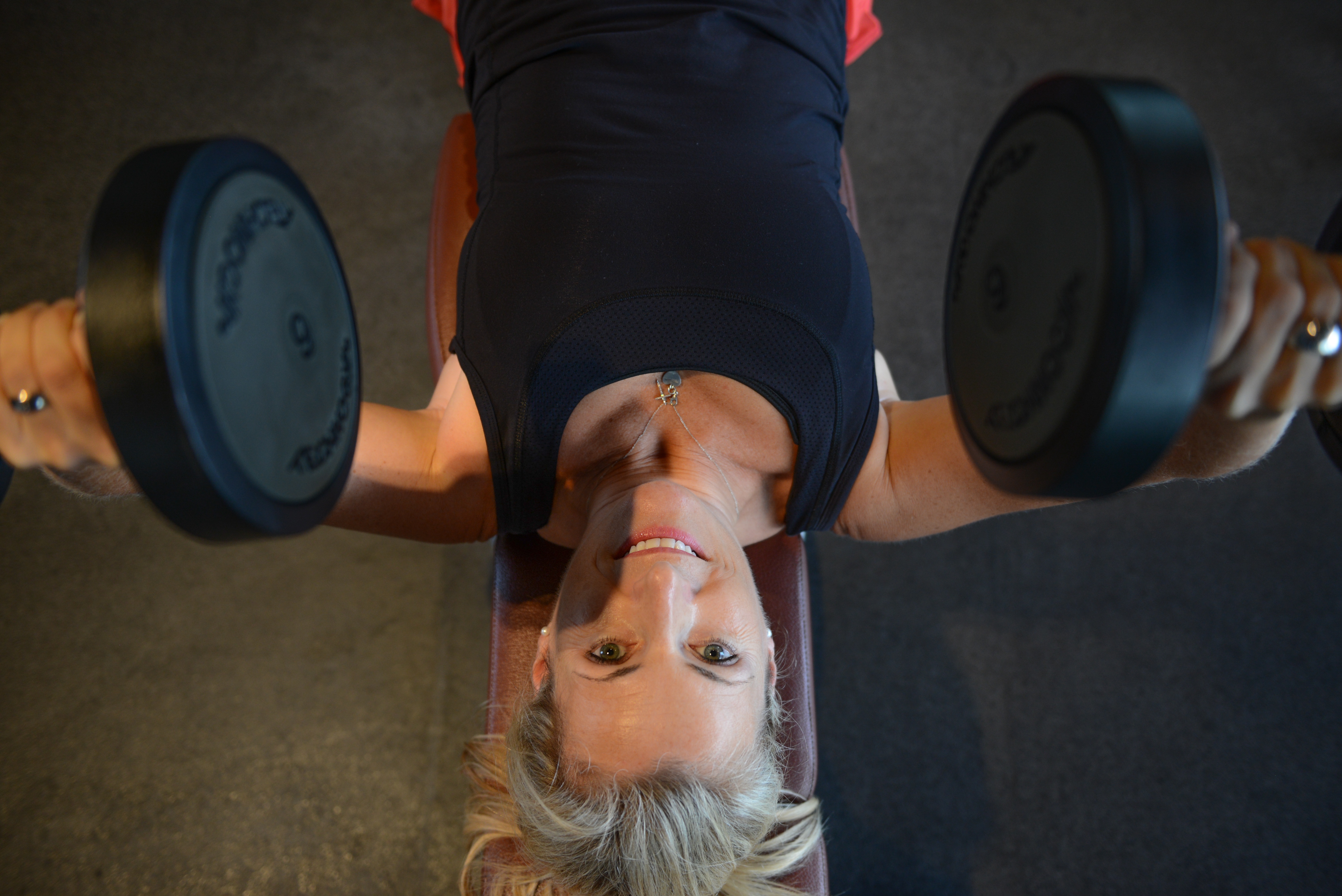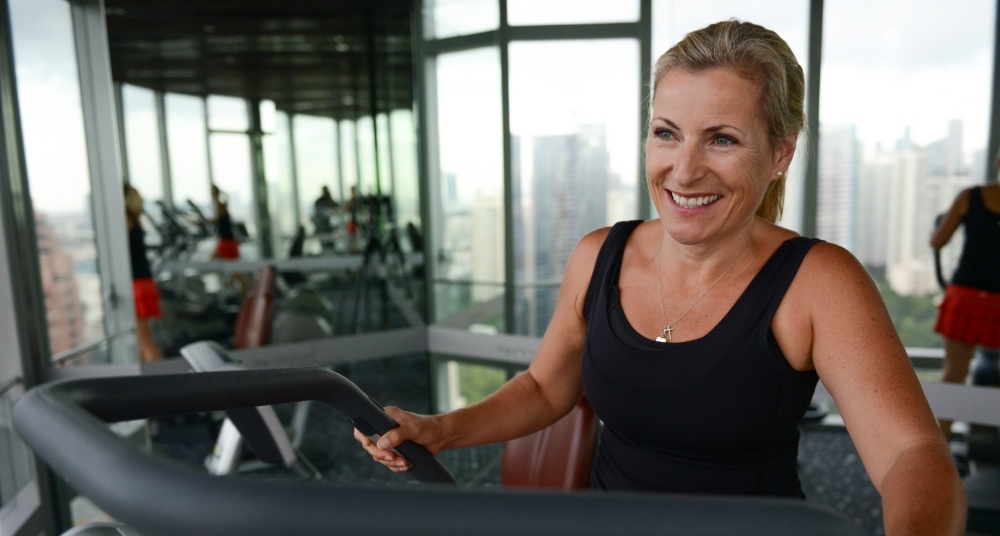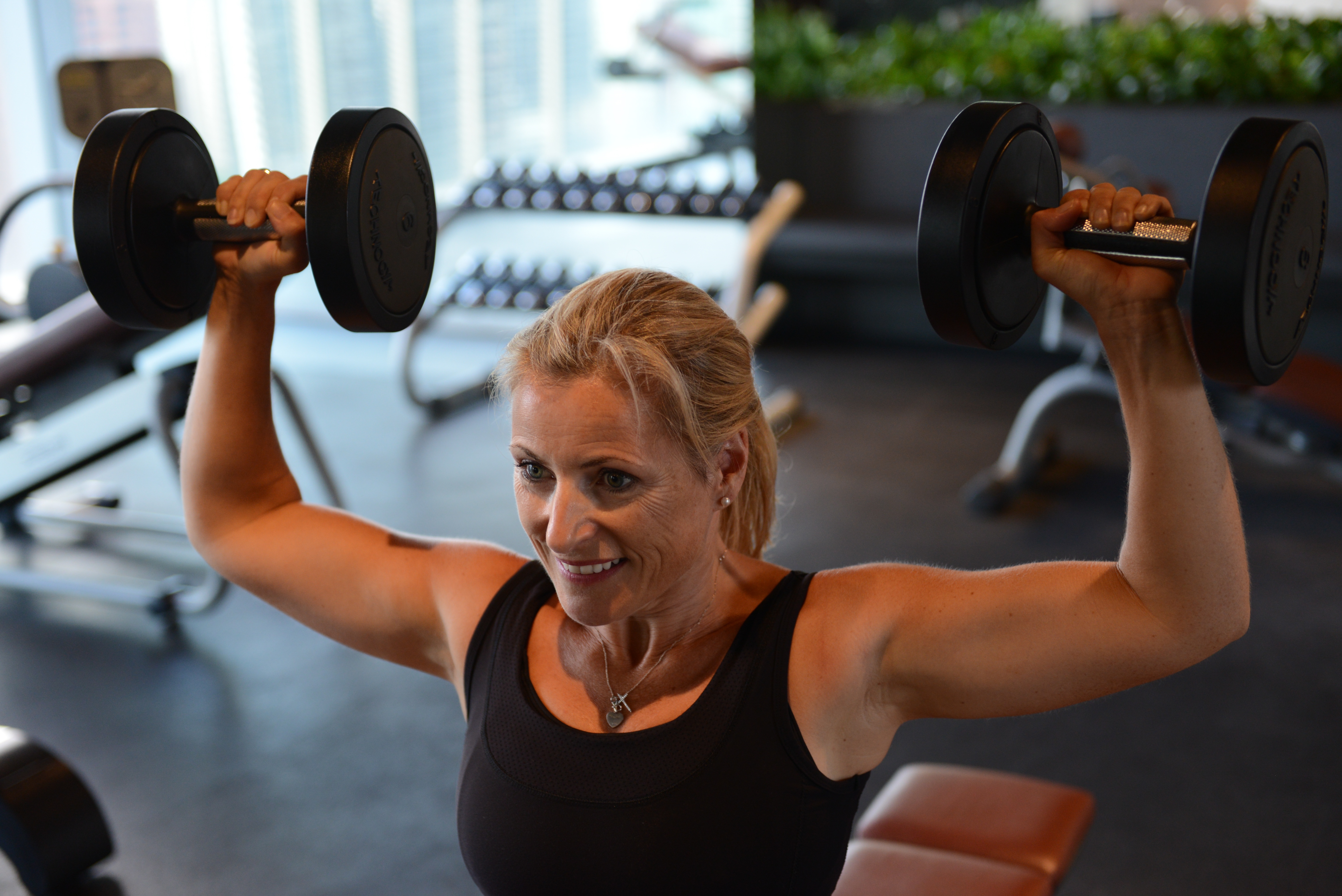Body Fuel: Energize For Exercise With These Workout Foods
 Contributed by
Liza Rowan
June 6, 2015
Contributed by
Liza Rowan
June 6, 2015


I love discussing nutrition with kids in school. We discuss that in order to keep energized throughout the day – so we can learn, play, exercise, and rest – then we need to understand how to effectively ‘fuel our body’.
For vitality, we need clean air, clean water, quality rest, and ‘clean food’. By ‘clean’, we mean wholesome, natural food – powered with nutrients (minerals, vitamins, phyto-chemicals) and with minimum processing.
Assuming we are living and eating ‘clean’ for the most part, fuelling for sport activities is still very important. Specifically to:
- prepare for a workout (so we’ve the enthusiasm to start)
- maintain energy throughout (so we perform at our best)
- refuel afterwards (so our body can effectively recover)
Running on empty, or grabbing a chocolate bar on the go, does not provide the energy required to get the most from our workout. ‘Rewarding’ with a Starbucks muffin and skinny mocha Frappuccino afterwards does not help us recover and re-energize.
So what should we eat to get the most from our workout?
Keeping it simple, foods are made up of:
-
Carbohydrate – our preferred and primary source of energy (in the form of glucose, or stored as glycogen in our muscles and liver for future use)
-
Fats – our second source of energy, provide protection, and keeps us healthy
-
Protein – breaks down into amino acids, which repair our cells, encourage growth and provide strength. This particularly applies to muscle tissue, which we tear down during strenuous or weight bearing exercise.
Assuming our goal is to exercise to a moderately intense level, the guidelines here will suffice. Participants in Mega events, such as marathons and Ironmans, should consult a Sports Nutritionist in order to evaluate appropriate fuelling to meet their specific objectives.

BEFORE EXERCISE
Consume primarily healthy carbohydrates, along with some protein, which ‘sit well’ and won’t cause discomfort or bloating (not the time to try a new food).
Below are some examples.
2-4 hours before workout meal (if working out later in the day)
- oatmeal or healthy cereal with fruits, some nuts/seeds
- whole-grain pasta dish with chicken/fish and vegetables
- a healthy soup with whole-grain bread
- whole-grain sandwich with tuna salad
30 minutes – 1 hour before workout snack
- Fresh or dried fruits
- Yogurt
- Small smoothie made with milk, and fruit
- Healthy Cereal with milk
- Healthy crisp bread with honey
DURING EXERCISE
Water, water, water – especially in hotter climates, H2O will suffice, unless our workout is intense and lasting more than an hour.
Where refueling is necessary, an easily digested carbohydrate can be consumed - diluted fruit juice (can add a little salt to address sodium loss through sweat), coconut water (which also replaces depleted electrolytes), a small banana or energy bar.
AFTER EXERCISE
Within 30 minutes or so, consume a protein-based (to repair muscles) with carbohydrate (to restore energy) snack, which can be readily absorbed.
Some suggestions are:
- Fruit smoothie with yogurt, almond milk and flax or chia seeds
- Rice cakes with peanut butter
- Oatmeal with yogurt and seeds/nuts
The next meal should contain a mix of healthy carbohydrates, proteins and some fats.

A few points to note:
- Where the goal is weight loss, pre-, during and post-exercise nutrition should not be compromised. An efficient and effective workout, designed to promote fat-loss, needs to be adequately supported. Watching portion sizes, reducing sugar, fat and alcohol intake at other times, will achieve the desired results.
- Unless exercising intensely and for longer periods, commercial sports drinks and gels are not necessary, especially as of these are made up sugars and additives. People involved in intense training, or feel they are challenged in staying hydrated and fueled, should consult a Sports Nutritionist for advice.
- Assuming a ‘clean’ and healthy diet, then protein powders are not necessary for most exercisers. The exception would be endurance athletes and those involved in intense strength training.
Sporting activities and exercise contribute in a very significant way to a healthy life-style – all the more when supported by a sensible and nutritious diet. Whatever our exercise routine and aspirations, these cannot be effectively met, unless we look after our body 24/7.
Again, please do share your successes.
To find out more about Liza's business, visit the Health & Vitality page.
Did you enjoy this post? Please comment, like and share!
Health & Vitality Wellness












Sorry, the comment form is closed at this time.